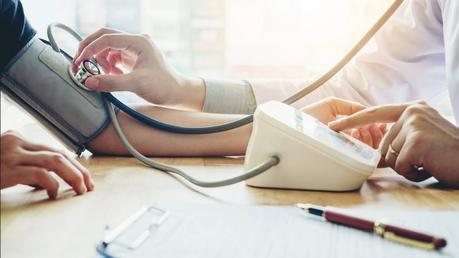
The medical world experienced yet another guideline update in 2018 telling doctors more medication is better. This guideline for treating hypertension was put out by the American College of Cardiology and the American Heart Association, and effectively lowered the definition of hypertension from 140/90 down to 130/80. The organizations also recommended drug treatment for all individuals with blood pressure greater than 140/90, regardless of underlying risk.
Unfortunately, this seems like a common scenario - medical guidelines recommend more aggressive medication use for minimal potential benefit despite potential harm. A new study published in the Journal of the American Medical Association (JAMA), suggests the blood pressure guidelines go too far for low risk individuals, and the risk of harm outweighs the potential benefits.
JAMA: Benefits and harms of antihypertensive treatment in low-risk patients with mild hypertensionThe JAMA study was an extensive chart review of over 38,000 patients at low risk for heart disease who had stage two hypertension (blood pressure between 149/90 and 159/99) and were treated with blood pressure medications. Over an average follow-up time of almost six years, they found no reduction in the risk of cardiovascular disease events or risk of death with medication use. They did, however, find an increased risk for low blood pressure, fainting, and acute kidney injury among those treated with medications.
Based on these results, treating stage two hypertension in low risk patients tends to cause more harm than good.
What makes this study valuable is that it documents real world experience. Guidelines are frequently made from trials conducted with more aggressive follow-up and monitoring than is typical in usual care. That fuels the medical community's perspective that drug interventions are the best course of care, which is why we need more studies like this one from Dr. Sheppard et. al. showing us how low risk patients probably do not benefit from drug therapy in real world scenarios.
Instead of reaching for drugs, we should continue to find the most effective lifestyle interventions to help lower blood pressure and reduce cardiovascular risk without a laundry list of side effects. Unless, of course, you consider losing weight, having more energy, and feeling great as side effects - those are the type of side effects (from low-carb eating) that we all can embrace!
Thanks for reading,
Bret Scher, MD FACC

